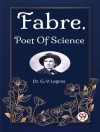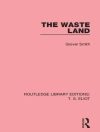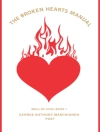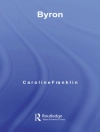Many people of faith struggle with aspects of their beliefs. These poems do not seek to propose resolutions to all faith struggles. They do seek to help one toward self-examination, to be honest about these struggles, and to know that to confront them does not mean loss of faith. The study of the biblical languages of Hebrew, Greek, and Aramaic makes clear that there are not always simple solutions to many difficult linguistic problems in the Bible.
Is faith our last resort when all else seems lost? What of helplessness and hopelessness? Can they open a window to faith understanding? Can we believe for the wrong reasons? What are some of the questions we should ask about the meaning of grace, forgiveness, and destiny, subjects with which many people struggle every day?
How shall we understand the incarnation of Jesus, his ministry, the events of the Passion Week, and his resurrection? How shall we understand the holy days that celebrate these events and others in the life of the Jesus? And especially, what is the meaning of Holy Communion in the life of the church? And how shall we understand the church itself? If the poetry in these pages provides the opportunity for others to share in these struggles openly and honestly, then the words will have been wisely spent.
Despre autor
William B. Lawrence is professor emeritus of American Church History at Perkins School of Theology, Southern Methodist University. He is an ordained elder in The United Methodist Church and a clergy member of the North Texas Annual Conference. Before retirement, his career included both academic and church positions. He was a pastor in New York, Pennsylvania, and Washington DC. He has served on the faculties and staffs of four theological schools. And he has been president of the Judicial Council of The United Methodist Church.












